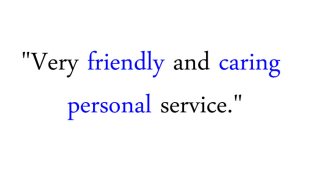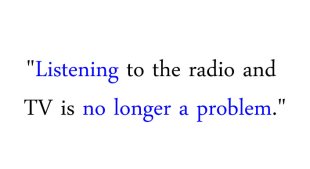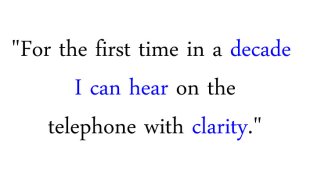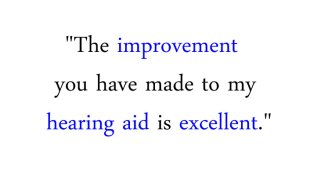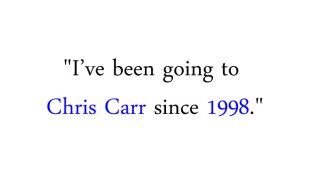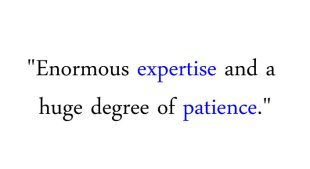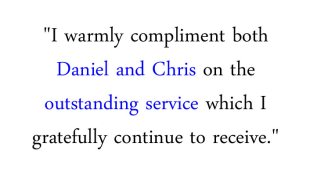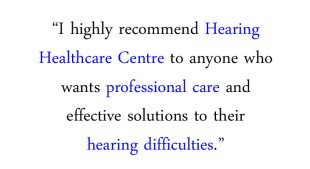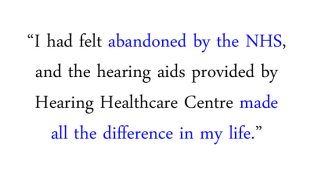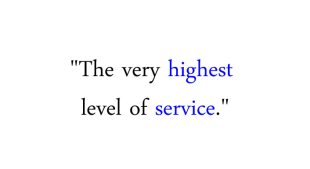While many of us are in the habit of having regular eye tests, we often don’t have our hearing tested. Hearing loss is a natural process as we get older, and because it happens so gradually, it’s difficult to monitor. Having regular audiology checks doesn’t just highlight whether or not you could benefit from hearing aids, they also provide an early warning for health problems – difficulty hearing certain higher or lower frequencies can be indications of some illnesses.
In two separate long-term, large-scale studies, it has been discovered that there is a connection between hearing loss and dementia or Alzheimer’s, although it’s not yet known why this should be and whether hearing loss is an indicator that something is wrong or is a contributing factor. Researchers from the John Hopkins School of Medicine discovered that people who suffered from hearing loss at the beginning of a 16 year study were more likely to develop dementia – the greater the hearing loss, the higher the probability. There was a noticeable trend for Alzheimer’s, too. A different 16 year, independent study also connected the two. It was discovered that people who suffer from hearing loss would also typically experience memory loss and a decrease in thinking capabilities around 40% faster than those who had no hearing problems. One reason might be that hearing loss leads to a certain amount of social isolation, which in turn could contribute to the decline of mental faculties. Alternatively, they could simply be linked because they’re caused by similar things or involve similar processes.
At the end of 2013, America’s Better Hearing Institute (BHI) began a campaign to raise awareness of the link between cardiovascular and hearing health following a growing body of research which shows that a person’s hearing health and cardiovascular health are frequently linked, though again, researchers aren’t sure why. Studies have shown that a healthy cardiovascular system – your heart, arteries and veins – has a positive effect on hearing. Conversely, inadequate blood flow and trauma to the blood vessels of the inner ear can contribute to hearing loss. David Friedland, Professor and Vice-Chair of Otolaryngology and Communication Sciences at the Medical College of Wisconsin said: “The inner ear is so sensitive to blood flow that it is possible that abnormalities in the cardiovascular system could be noted here earlier than in other less sensitive parts of the body.” In a study published in The Laryngoscope, Dr Friedland and fellow researchers found that the audiogram pattern correlates strongly with cerebrovascular and peripheral arterial disease and may represent a screening test for those at risk. They even concluded that patients with low-frequency hearing loss should be regarded as at risk for cardiovascular events.
The BHI is also raising awareness of the link between hearing loss and depression. Studies show that people with hearing loss who use hearing aids often have fewer depressive symptoms, greater social engagement and improved quality of life. A study in Italy explored the psychological and social profiles of working adults aged between 35 and 55 with mild to moderate age-related hearing loss. They found that those with unaided hearing loss were more prone to depression, anxiety and interpersonal sensitivity than the participants with no hearing problems. BHI believes that these study findings underline the importance of the prevention, diagnosis and treatment of mild-to-moderate hearing loss in the middle-aged population, particularly as people stay in the workforce longer and are enjoying the benefits of active ageing and healthy lifestyles.
Speak to our team today to ask about regular hearing checks.



